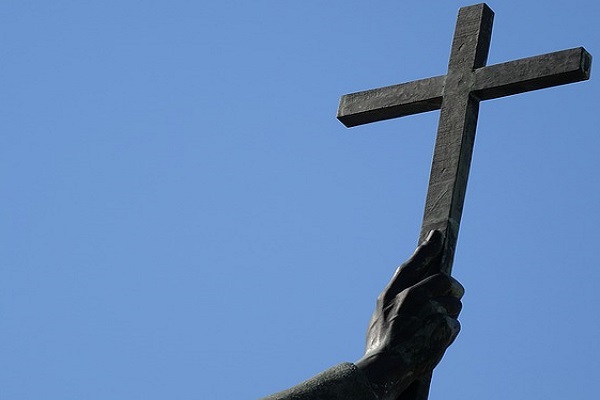
Catholic Women Struggle with Conflicting Beliefs on Reproductive Health
- By Elisa Meyer --
- 04 Nov 2015 --

Millennial Catholic women are finding themselves increasingly at odds with the Vatican’s stance on social issues like reproductive health.
While Pope Francis continues to remain true to his beliefs and values, he will undoubtedly have to deal with the beliefs of the Catholic millennials. According to a poll taken this past summer, while Catholics are still in line with the basic teachings of Catholicism, they are against the idea of restricting abortion and the Church’s views on same-sex marriage. Along with their strong convictions regarding individual freedom and equality of all people concerned, they are also against the Catholic teachings of Catholic institutions and businesses denying services to individuals based on untrue claims of religious liberty.
Catholic Women Struggle with Conflicting Beliefs on Reproductive Health[/tweetthis]
While it is true that Catholic millennials believe in the Catholic teachings, there is no doubt that Pope Francis will have to give way to a new generation’s evolving views, because they are the ones who will be shaping the future of the United States. Some of the statistics showing the divide between the Church and Catholics are as follows:
- 82% of Catholic Millennials believe abortion should be legal in at least some circumstances.
- 7% of Catholic Millennials agree that all women should have the same access to no-cost birth control no matter where they work.
- Over 69% of Millennial Catholics support making it legal in all states for same-sex couples to marry.
- 74% believe that Catholic church-sponsored programs should be providing condoms to fight the spread of HIV & AIDS. This is a practice which the Catholic Church has rejected all over the world.
To delve deeper into the intensity of this issue, a young woman, going by the name Ellen (actual name not mentioned) retells her experience of going through an abortion without giving up her faith. Since a young age, she was always pro-life, just like her family, until she got pregnant. That is when the world turned upside down for her. She visited a faith-based clinic who gave her no option between continuing or ending the pregnancy – they only counseled her on how to continue the pregnancy. After going to a secular clinic and having the abortion, she was not provided with a range of post-abortion counselling options. She desperately wanted to talk to someone within her religion, but she knew going to a priest would not be a wise option as they would just berate her and the decision to have an abortion.
@Me_Catholic @m1chael5 Driving abortion underground would cause more pain all round, but you prefer the bible to women.
— The Rabble Mum (@Exsugarbabe) October 30, 2015
After months of struggling, she has found peace in her decision without having to sacrifice her belief and her religion in the process. “I really thought it was the best choice for me,” she said. “But my beliefs are too important. I just wish it didn’t have to be a battle.”
Rev. Harry Knox, president of the Religious Coalition for Reproductive Choice, recognizes that the clergy needs to better engage with their members and need to be instructed on how to better sympathize with the morals of the new generation of Catholics. He is aiming to create an environment that allows its members to make their own decisions about their reproductive health and support them in what follows.
“We as faith leaders need to end the silence on this,” Knox said. “We must meet women at home in their own faith communities and let them know their faith supports their decisions. We have to equip ourselves to do our part.”
Certain religious freedom laws permit discrimination based on the client’s religion or the religious rights of the business. In cases such as the Hobby Lobby religious freedom case, restricting women’s reproductive health was the center of the debate.
The bigger issue is that religion should not be used as a tool to restrict reproductive health.




















